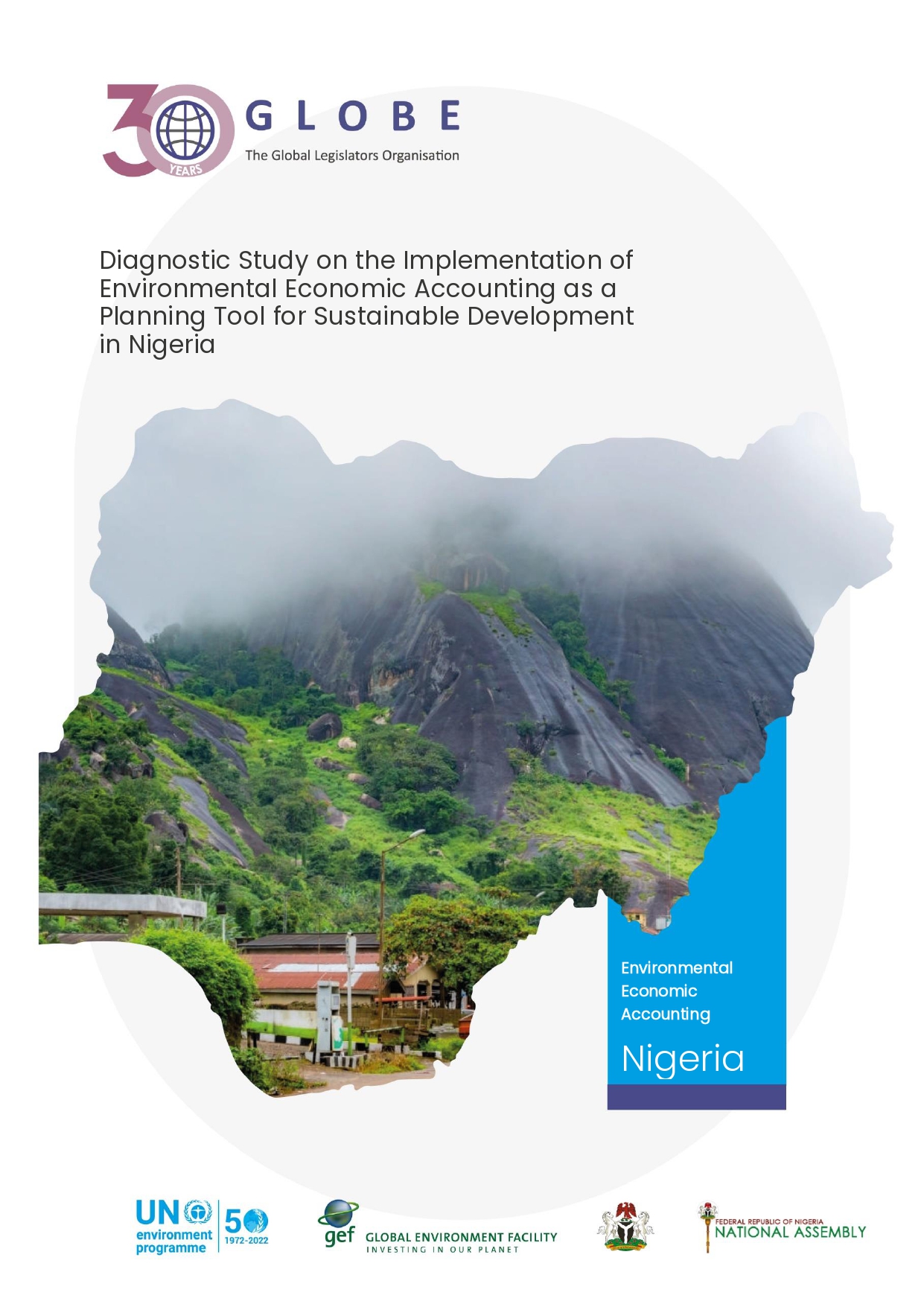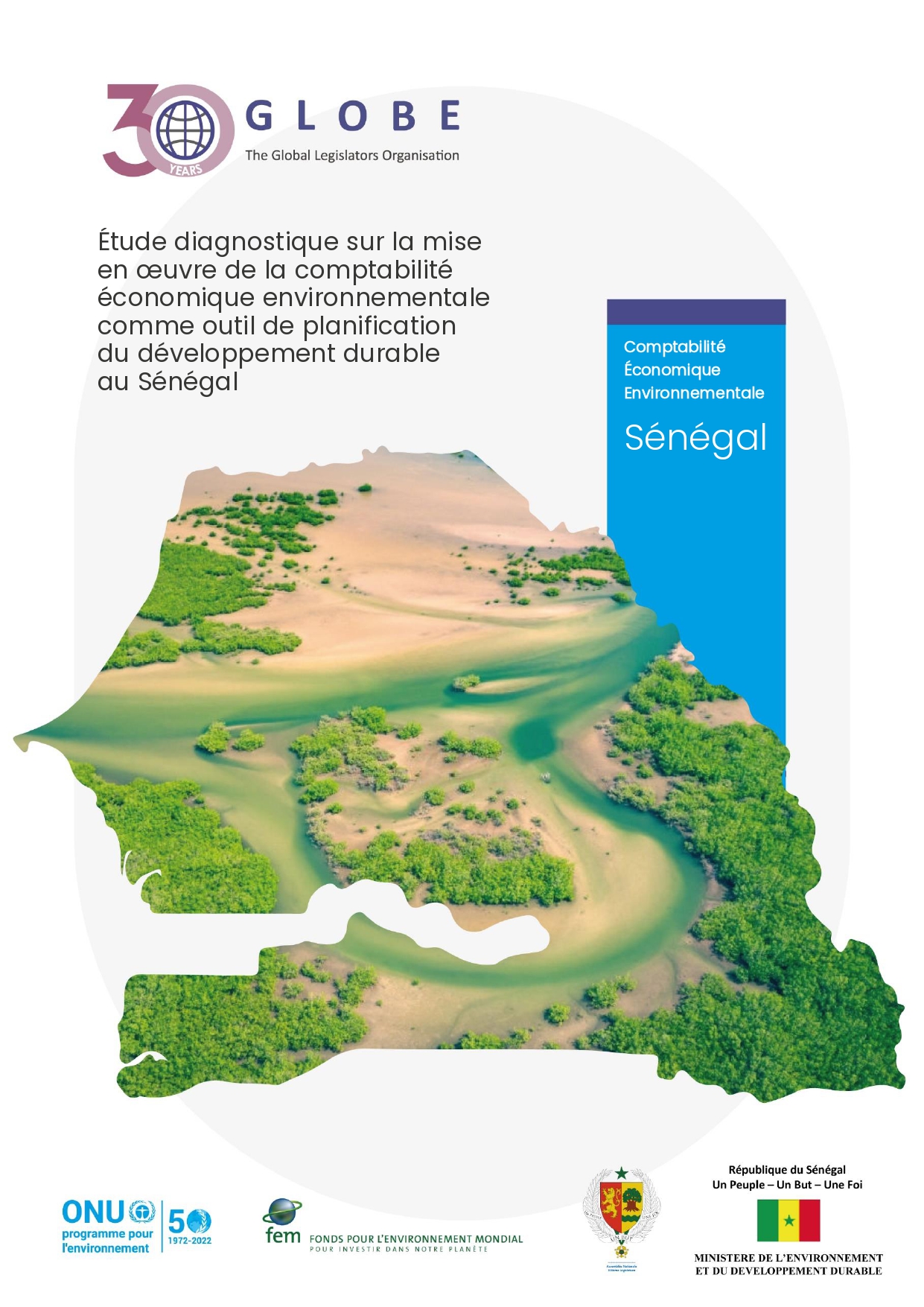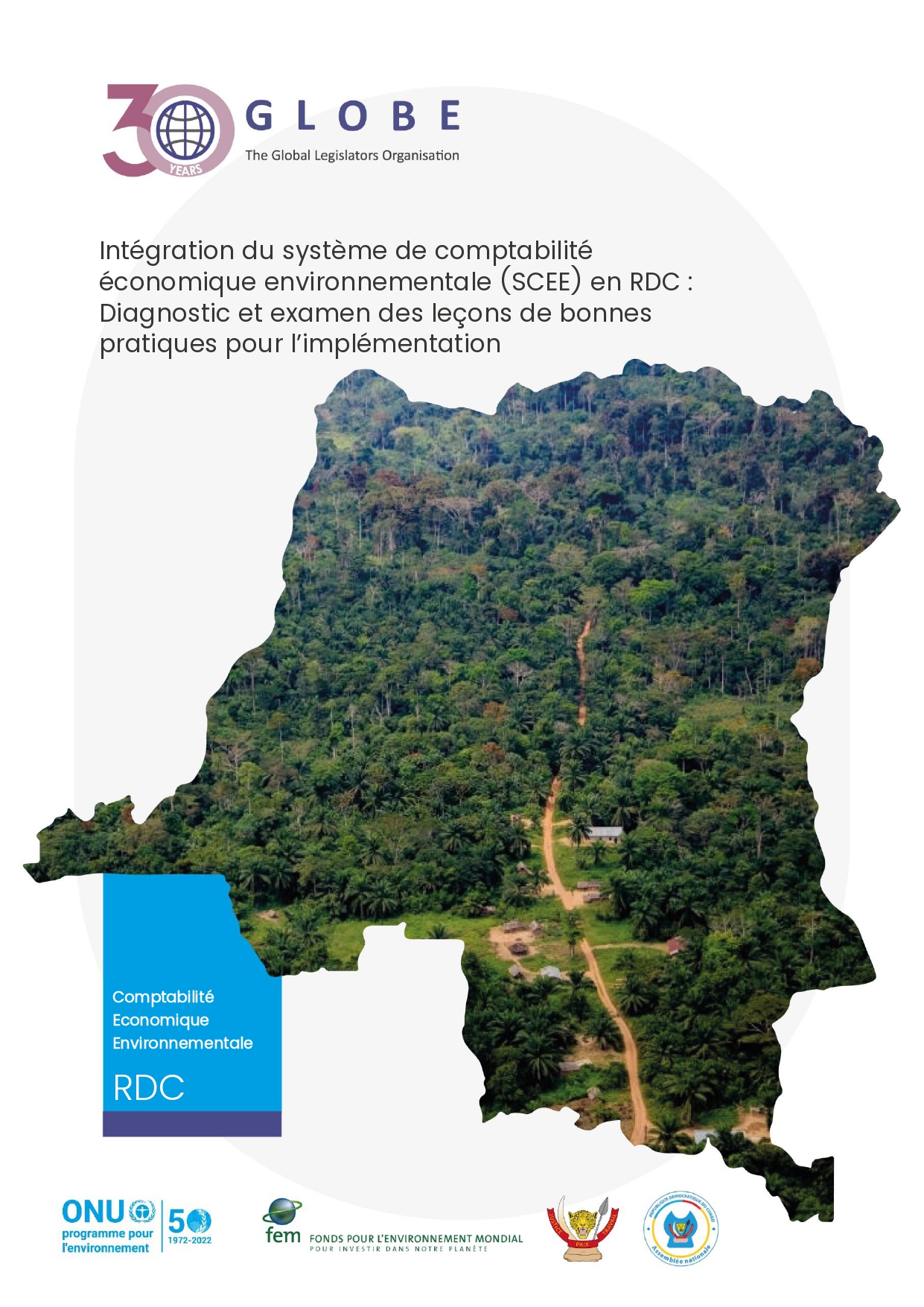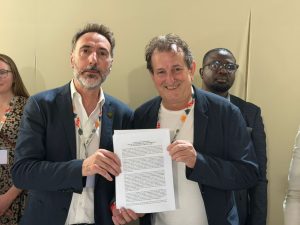These three studies, produced with the support of the Global Environment Facility (GEF6) and the United Nations Environment Programme (UNEP), provide a comprehensive diagnosis of the legislative and institutional readiness of the Democratic Republic of Congo (DRC), Nigeria and Senegal for the implementation of Environmental Economic Accounting as a tool for decision-making consistent with sustainable development. They also propose a practical roadmap for the parliament and the executive to start owning this innovative toolbox as nationally appropriate.
Even ahead of their launches in Kinshasa, Abuja and Dakar, their findings have been informing the work of legislators and the executive in these countries to address the gaps identified, including technical capacity of National Statistical Offices, the mandate for the preparation of priority accounts, and the institutionalisation of the use of environmental economic accounting data for decision-making. In Senegal, the UN Statistics Division has responded to the demand for international expertise and is providing capacity support to the Senegalese Agency for Statistics and Demography. Meanwhile, Nigeria has included provisions on the preparation of environmental economic accounts in its new Climate Change Act). For more information, please visit the GEF6 project site.
The reports are available in English and French.
Democratic Republic of Congo
Nigeria

Senegal






